SGGP
The European Union's (EU) plan to impose a tax on aviation fuel has hit a snag as the bloc's 27 member states have failed to agree on prices for green fuels and fossil fuels.
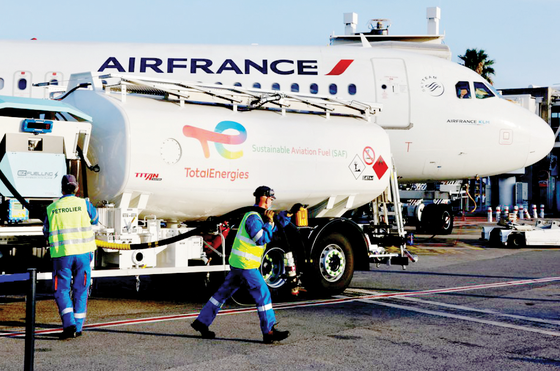 |
| Refueling a flight in France Photo: RAUTERS |
There are still many disagreements.
EU member states are negotiating a reform of the energy tax system, which has not been revised since 2003, to bring it into line with climate goals, including a levy on aviation fuel. However, two years after the bill was first proposed, the EU has yet to reach a consensus on the idea. Member states remain divided on a number of issues, including the imposition of a tax on some fuels that are not taxed at all or at low rates.
An EU diplomat said the disagreement was unlikely to be resolved before the end of the year. Meanwhile, a spokesman for the European Commission said the reform of energy taxes would eliminate outdated exemptions. Under the EU proposal, a minimum tax on aviation fuel for flights within Europe would increase gradually over 10 years, while sustainable aviation fuel would be exempted from taxes for 10 years to encourage its use. However, some EU member states disagreed with the measure, saying that imposing a tax on aviation fuel could lead to higher fuel prices for citizens before the European Parliament elections next year.
The EU also proposes higher minimum taxes on polluting fuels like petrol, and lower taxes on electricity and sustainable fuels. Supporters of the EU proposals say the new taxes would make low-carbon transport like electric trains more cost-competitive with fossil-fuel flights, while also providing governments with the revenue to invest in sustainable transport.
No optimal solution found yet
Under the EU fuel tax system, member states can levy national and cross-member jet fuel taxes, making flights within the EU relatively cheap compared to other modes. However, only a few EU members, such as the Netherlands and Germany, implemented a commercial aircraft fuel tax for domestic flights between 2005 and 2011. Due to implementation complications and low revenues, the Netherlands discontinued the tax on commercial domestic flights in 2012.
The EU also operates an emissions trading scheme (ETS), where companies pay a fixed price for each tonne of carbon they emit. Historically, airlines have received allowances that have significantly reduced their carbon-related costs. As part of the EU’s ambitious plan to reduce carbon emissions by 55% by 2030, proposals have been put forward to gradually reduce these allowances, eventually reaching zero by 2027.
In Canada, taxation policies on aviation fuel have some similarities to the EU, with provinces such as Alberta offering tax breaks for flights with international destinations. Canada also implements additional indirect taxes on fuel through carbon pricing, similar to the EU's ETS program, which puts a price on carbon emissions to encourage emissions reductions.
Source



![[Photo] Prime Minister Pham Minh Chinh chairs meeting to deploy overcoming consequences of storm No. 10](https://vphoto.vietnam.vn/thumb/1200x675/vietnam/resource/IMAGE/2025/10/3/544f420dcc844463898fcbef46247d16)



![[Photo] Students of Binh Minh Primary School enjoy the full moon festival, receiving the joys of childhood](https://vphoto.vietnam.vn/thumb/1200x675/vietnam/resource/IMAGE/2025/10/3/8cf8abef22fe4471be400a818912cb85)
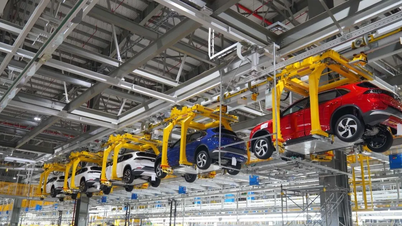


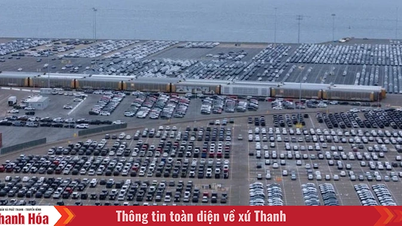

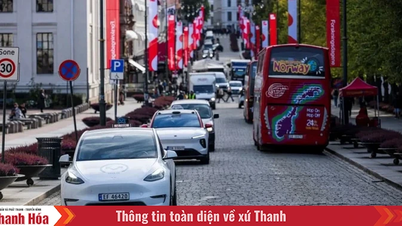
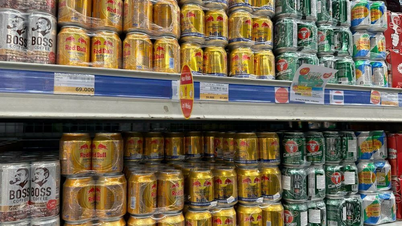

















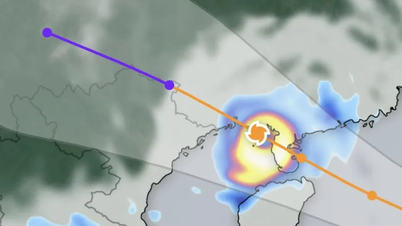























































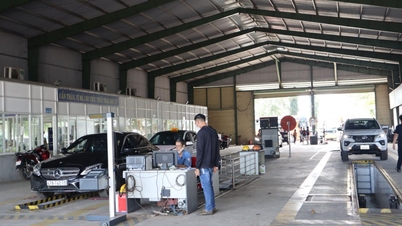
















Comment (0)